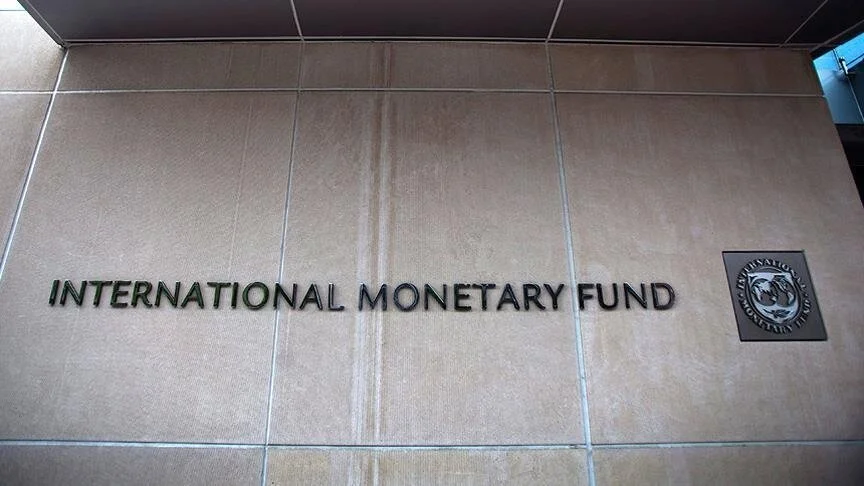

By Anadolu Agency
ISTANBUL
The International Monetary Fund (IMF) on Tuesday warned about financial fragilities in the global economy before central banks start easing monetary policies.
The financial agency said investors and central banks are expecting monetary policies to ease in the coming quarters, as rate hikes in the last two years have created conditions to bring inflation back to central banks’ targets.
“So far, cracks in the financial system—unmasked by high interest rates during the monetary tightening cycle—have not ruptured further,” the IMF said in its Global Financial Stability Report for April 2024. “The last mile of disinflation, however, may be complicated by several salient near-term financial fragilities.”
Some of the near-term risks include a decline in commercial real estate prices, a decrease in real house prices that has been driven by higher mortgage rates and some sizable inflation surprises that could abruptly change investor sentiment.
Medium-term risks include rising public and private debt in advanced economies and emerging markets, eroding cash liquidity buffers for firms and a downturn in China’s housing market where policies are critical to restoring confidence in the countries’ real estate sector, according to the agency.
The IMF said central banks should avoid premature monetary easing and appropriately push back against overly optimistic market expectations for interest rate cuts that could add to the easing of financial conditions and complicate the last mile of disinflation.
“Where progress on disinflation is enough to suggest that inflation is moving sustainably toward the target, central banks should gradually move to a more neutral stance of policy,” it said.
“Supervisory and regulatory authorities should use appropriate tools, including stress tests and early corrective action, to ensure that banks and nonbank financial institutions are resilient to strains in commercial and residential real estate and to the credit cycle downturn,” it added.
We use cookies on our website to give you a better experience, improve performance, and for analytics. For more information, please see our Cookie Policy By clicking “Accept” you agree to our use of cookies.
Read More